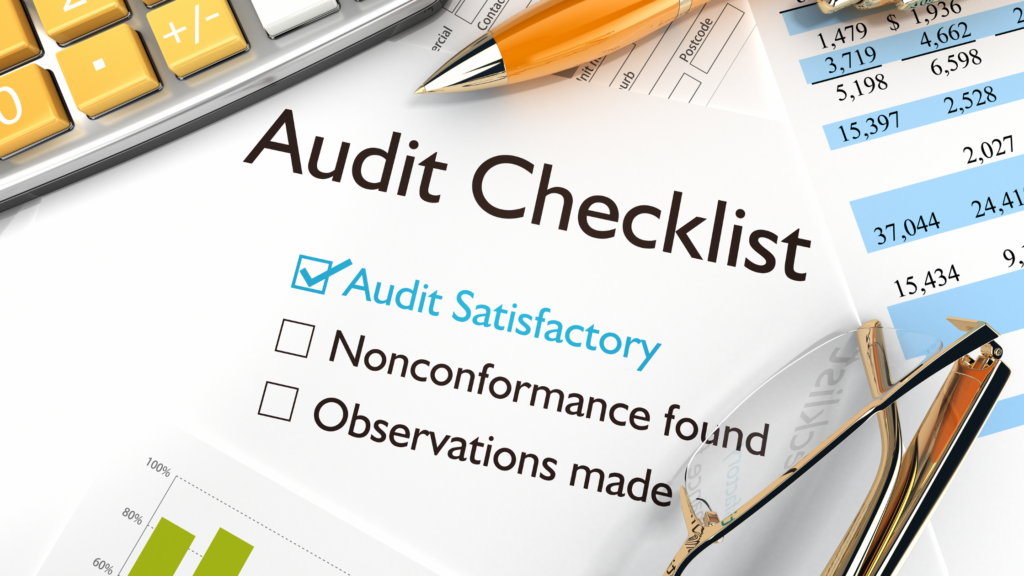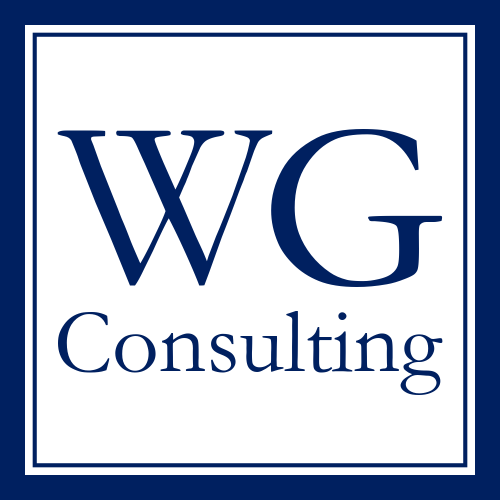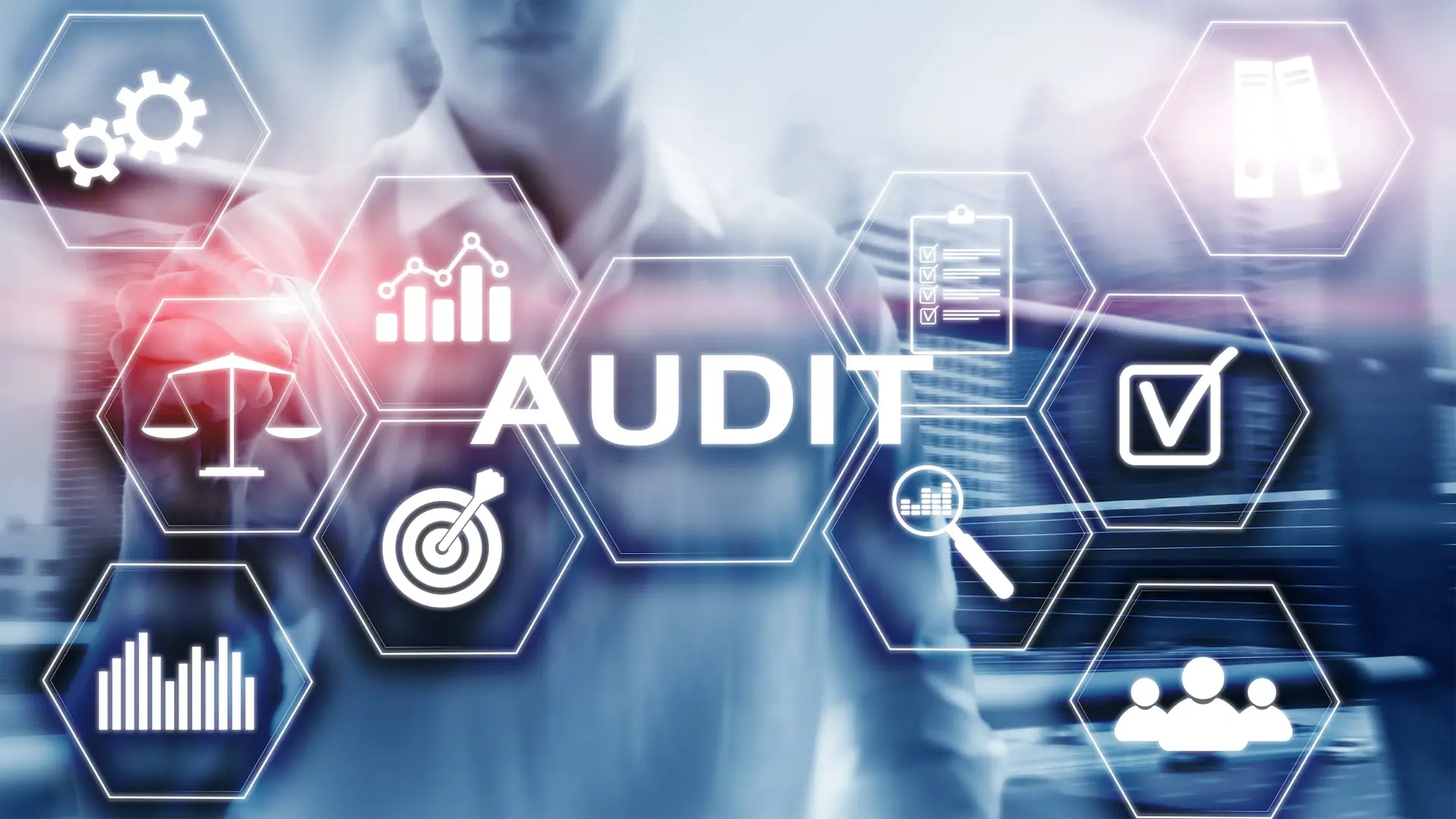Audit readiness is crucial for demonstrating your company’s commitment to financial accuracy and regulatory compliance. By adopting a strategic approach to audit preparation, you can facilitate a smoother process, strengthen your financial operations, and mitigate potential compliance risks. This detailed guide outlines 14 key strategies to ensure your business is well-prepared for its next audit.
Audit Readiness Checklist
1. Understand Your Audit Requirements
Initiate your audit preparation by diving deep into the auditing standards that apply to your industry, such as GAAP for U.S. companies and IFRS for those operating internationally. Each set of standards has unique requirements that can significantly impact your financial reporting. Consider any specific feedback or recommendations from previous audits, as these insights can provide a targeted focus for your preparation efforts, ensuring your financial practices meet or exceed the necessary compliance standards.
2. Strengthen Your Internal Controls
Effective internal controls are the backbone of your financial integrity. Conduct thorough evaluations of your controls related to financial reporting, fraud prevention, and operational efficiency. Utilizing frameworks such as COSO’s Integrated Framework can provide a structured approach to assessing and enhancing these controls. Documenting and regularly updating your internal control processes not only aids in achieving audit readiness but also serves as a clear demonstration of your proactive approach to financial governance.
3. Maintain Accurate Financial Records
Accuracy in financial documentation is non-negotiable. Implement a systematic approach to recording all financial transactions, ensuring each entry is backed by appropriate documentation. Select an accounting software that aligns with your business needs, facilitating real-time tracking and secure storage of financial data.
4. Accurate Asset Valuation
Asset valuation is critical to audit readiness, impacting the accuracy of financial statements by necessitating precise assessment and reporting of company assets, both tangible and intangible. Compliance with valuation standards ensures the true financial health of your business is accurately represented. A robust asset valuation process includes:
- Up-to-date market condition analysis
- Detailed documentation for each valuation
- Regular assessment of tangible and intangible assets
- Adherence to relevant valuation standards
- Engagement with valuation experts
5. Embrace Technology for Efficiency
Utilize financial management software equipped with features like audit trails and real-time reporting. These technologies not only streamline the audit process but also enhance the overall integrity of your financial data. Automated systems reduce manual errors and provide auditors with transparent access to financial activities. If you’re unsure about which technologies are best suited for your business, consulting with an IT consultant can provide tailored advice to ensure you’re making informed decisions that align with your audit preparation and broader financial management strategies.
6.. Conduct Regular Internal Audits
Incorporate quarterly or bi-annual internal audits into your financial management routine. These audits serve as proactive measures to assess the accuracy of your financial statements and the effectiveness of your internal controls. Use findings from these audits to address vulnerabilities and refine your processes well ahead of external audits.
7. Train Your Team on Audit Procedures
Ensure that all employees involved in financial management are trained on audit procedures and the importance of compliance. Regular training sessions should cover documentation practices, data integrity, and internal control processes. A well-informed team is pivotal in maintaining an audit-ready stance.

8. Create a Detailed Pre-Audit Checklist
Creating a detailed pre-audit checklist is a crucial step in streamlining your audit preparation efforts. This checklist serves as a roadmap, guiding you through the necessary preparations to ensure a smooth audit process. Key elements of an effective pre-audit checklist include:
- Verification of financial statement accuracy.
- Documentation and easy accessibility of all contractual agreements.
- Review of asset valuation reports for compliance and accuracy.
- Confirmation of internal control effectiveness.
- Inventory of all legal and regulatory documentation.
- Assessment of IT security and data integrity.
- Evaluation of previous audit findings and implementation of corrective actions.
- Assignment of responsibilities and deadlines for each checklist task to enhance accountability and ensure comprehensive preparation.
9. Allocate Adequate Resources
Dedicating sufficient resources—time, personnel, and finances—to your audit preparation is a strategic investment in your financial integrity. Evaluate the resource demands of the audit preparation process carefully, ensuring that your finance team is adequately supported and that audit-related tasks do not detract from their core responsibilities. Proper planning and resource allocation can significantly reduce the stress and disruption typically associated with audit periods.
10. Ensure Compliance with Laws and Regulations
Stay informed of the latest financial regulations affecting your industry and ensure your business practices adhere to these laws. Regular compliance checks help avoid legal penalties and reinforce your company’s reputation for integrity.
11. Systematically Organize Documentation
Implement a well-organized system for maintaining financial records and supporting documentation. This facilitates efficient retrieval during audits and demonstrates your company’s commitment to transparency and accuracy.
12. Foster Open Communication with Auditors
Establishing a positive, communicative relationship with your auditors can greatly facilitate the audit process. Early engagement with the audit team to discuss their expectations, focus areas, and documentation requirements can streamline preparations and clarify any uncertainties. Open communication also provides an opportunity to gain insights into industry best practices and areas for operational enhancement.
13. Integrate Audit Preparation into Regular Activities
View audit preparation as a year-round commitment rather than a discrete task. Embedding audit-related activities into your regular financial routines ensures continuous readiness and distributes the workload evenly throughout the year. This approach not only alleviates the pressure of audit season but also fosters a culture of constant vigilance and improvement.
14. Consulting External Experts for Specialized Assistance
For complex issues or to enhance your preparation efforts, consider consulting with external experts. Firms like WG Consulting offer specialized knowledge and can provide invaluable support in ensuring your business meets and exceeds audit requirements.
Solidify Your Business to Be Audit Ready
Effective audit readiness is a multifaceted process that requires careful planning, comprehensive preparation, and a commitment to financial accuracy and compliance. By implementing these 14 strategies, you can position your business for a successful audit, demonstrating your dedication to financial integrity and operational excellence.

